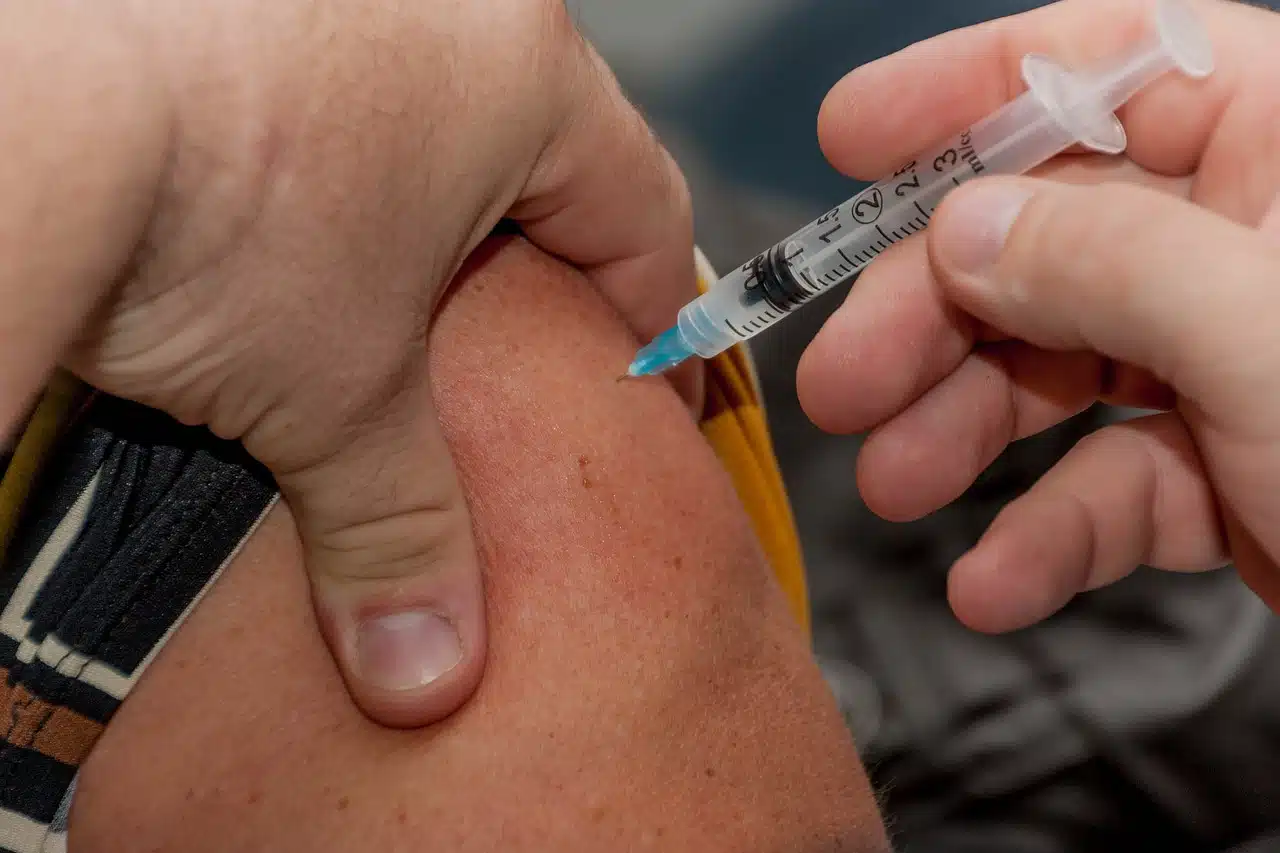
The idea of health refers to physical, mental and social well-being and goes beyond the non-appearance of conditions or diseases.
Health is the condition of every living being that enjoys absolute well-being both physically and mentally and socially, according to the definition of the World Health Organization (WHO) . That is, the concept of health not only accounts for the non-appearance of diseases or conditions , but goes beyond that. In other words, the idea of health can be explained as the degree of efficiency of the metabolism and functions of a living being on a micro ( cellular ) and macro ( social ) scale.
Before continuing with the definition of the term health, it is necessary to see where its etymological origin is found. More precisely, it must be emphasized that it is found in Latin and specifically in the word salus .
The importance of lifestyle
Lifestyle , that is, the type of habits and customs that a person has, can be beneficial for health, but it can also harm it or have a negative influence on it. An individual who maintains a balanced diet , takes care of his or her nutrition , and performs physical activities on a daily basis is more likely to enjoy good health. On the contrary, a person who eats and drinks excessively, does not have a good rest , smokes and neglects his hygiene , runs serious risks of suffering from preventable diseases.
An example of all this that we have pointed out in the previous paragraph could be the following: «Despite his 90 years, Manuel enjoyed excellent health and throughout his life he has always maintained good eating habits and has carried out the practice of a lot of sport .
Physical and mental health care
Broadly speaking, health can be recognized and analyzed from two perspectives: physical health and mental health , although in reality they are two related aspects that affect the quality of life . To maintain physical health in optimal conditions, it is recommended to exercise periodically and have a balanced and healthy diet, with a variety of nutrients and proteins.
Thus, it is important to emphasize that to enjoy good physical health it is necessary for the person in question to have a series of healthy eating and sports habits , as we already indicated. Thus, with respect to the first aspect, it must be emphasized that the diets followed must be nutritious and balanced, avoiding, as far as possible, everything related to the intake of alcohol and other drugs, and also leaving aside tobacco . .
As for practicing sports , there are many disciplines that help the individual enjoy good shape. Thus, you can practice swimming , cycling or jogging. However, it is true that in recent years the sports disciplines that have experienced the greatest growth are those that not only allow maintaining good physical shape, but also mental balance. This would be the case, for example, of yoga or Pilates.
Mental health , for its part, aims to bring together all the emotional and psychological factors that can condition every human being and force them to use their cognitive abilities and sensitivity to function within a community and resolve possible demands that arise within the framework of everyday life.

Carrying out physical activity on a daily basis contributes to health.
Psychological factors that affect the body
It is important to be clear that the distinction between physical health and mental health is usually more theoretical than real or practical. The boundaries between one and the other are blurred because emotional disorders can affect the body, and at the same time an organic problem can affect the psyche.
Anxiety , depression and stress can lead to eating disorders or addictions , for example, with the physical consequences that this entails. It is also possible to indicate that obesity and hypertension may be partly related to psychological issues, increasing the risk of a stroke or heart attack .
Sciences that contribute to well-being
It should be noted that health sciences are known as those that allow obtaining the necessary knowledge to help prevent diseases and develop initiatives that promote the health and well-being of both a person in particular and the community in general.
Biochemistry , food science , pharmacology , medicine and psychology , among others, are health sciences that contribute to the study of symptoms, the development of diagnoses and the implementation of treatments and therapies that aim at healing and recovery. or rehabilitation of individuals, to mention a few possibilities.

Vaccination must be guaranteed by the State to protect public health.
reproductive health
The so-called reproductive health or sexual health is an important component of human well-being. The concept refers to what allows the safe development of a satisfactory sexuality , allowing the person to decide whether or not they want to have children.
Reproductive health includes contraception to prevent unwanted pregnancies; prevention of STDs (sexually transmitted diseases); and infertility treatments. A related notion is maternal health , which includes care during pregnancy , seeks to ensure that childbirth is carried out safely for both mother and baby, and provides assistance during the breastfeeding stage.
The role of the State
In all dimensions and facets of health, the State has a fundamental role. In fact, health is a human right , therefore state authorities, through health policies , must ensure that all people have access to the health system .
Hospitals , in this sense, must have the necessary resources to provide adequate care. In addition to doctors , nurses , surgeons , psychologists and other specialists, they must have the infrastructure and equipment according to the needs of the population.
In any case, the importance of working on preventive medicine and health education is usually highlighted as a way to minimize the need to go to clinics or offices. Health promotion , encouraging healthy habits and awareness, is key.
The State, of course, must also be in charge of providing vaccines to prevent infectious diseases and carrying out campaigns that reduce risks of contagion (as in the cases of COVID-19 and HIV / AIDS ), among other measures.
It must be emphasized that health cannot be subordinated to people's economic situation. Private medicine , at the hands of companies that seek profits by offering their products and services, should always be a complement to public health and not a replacement.
